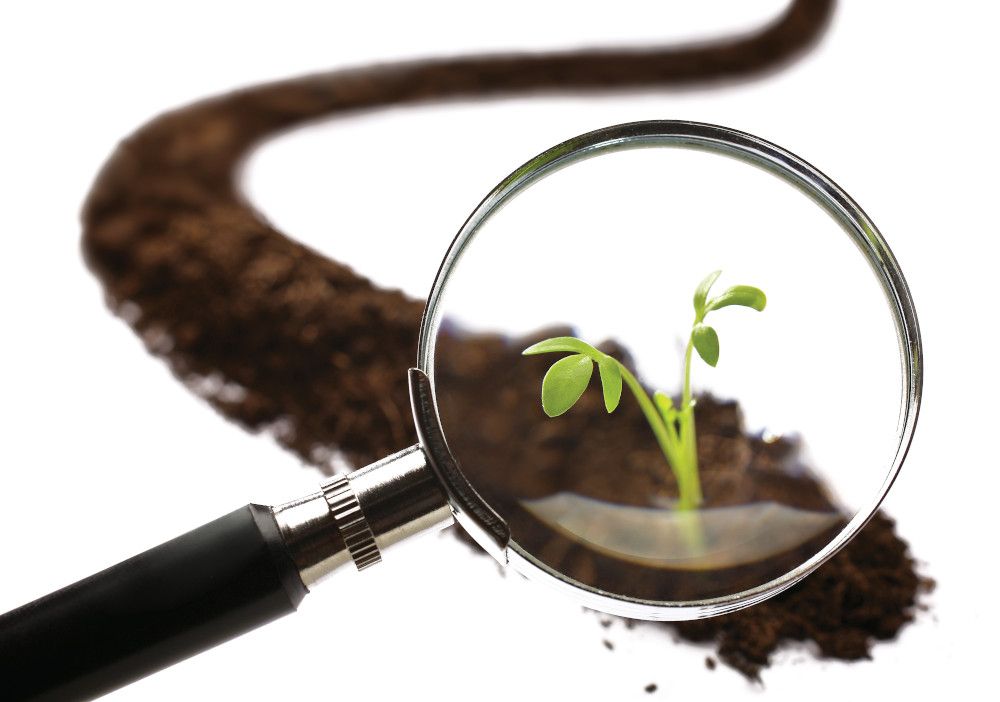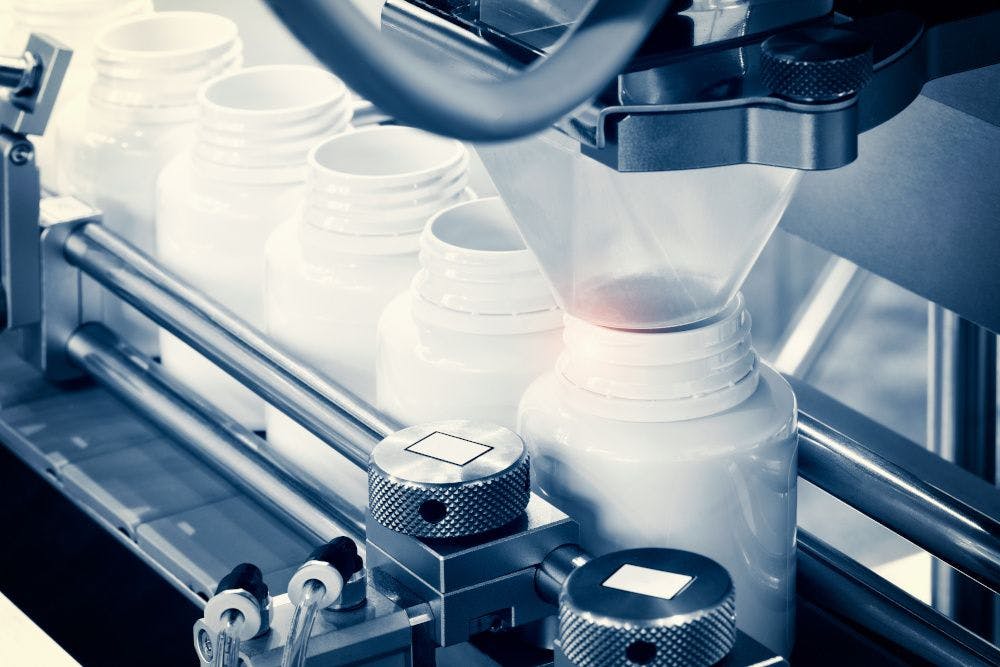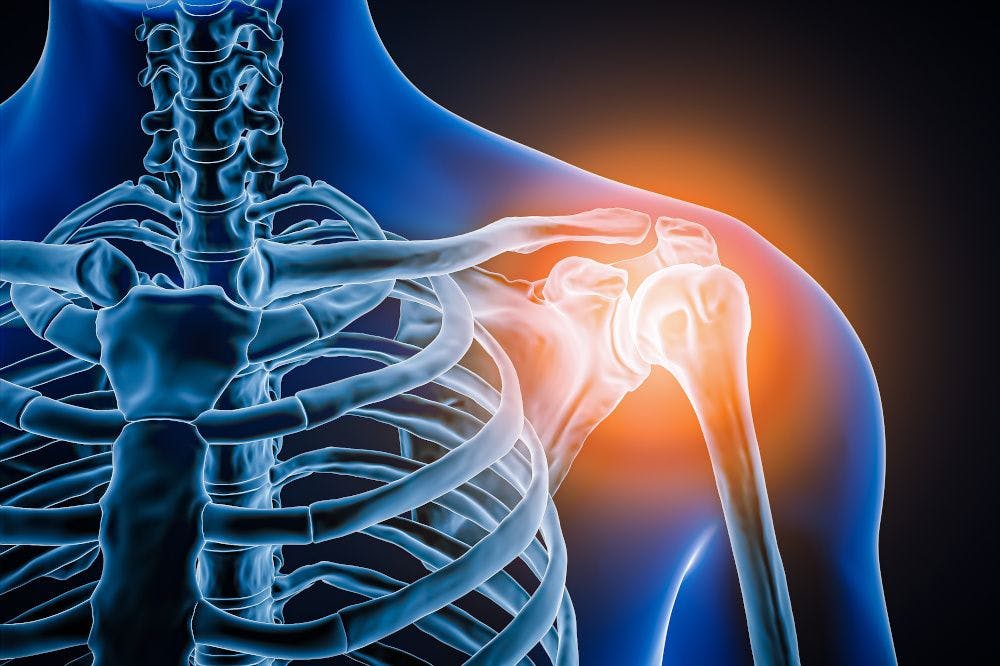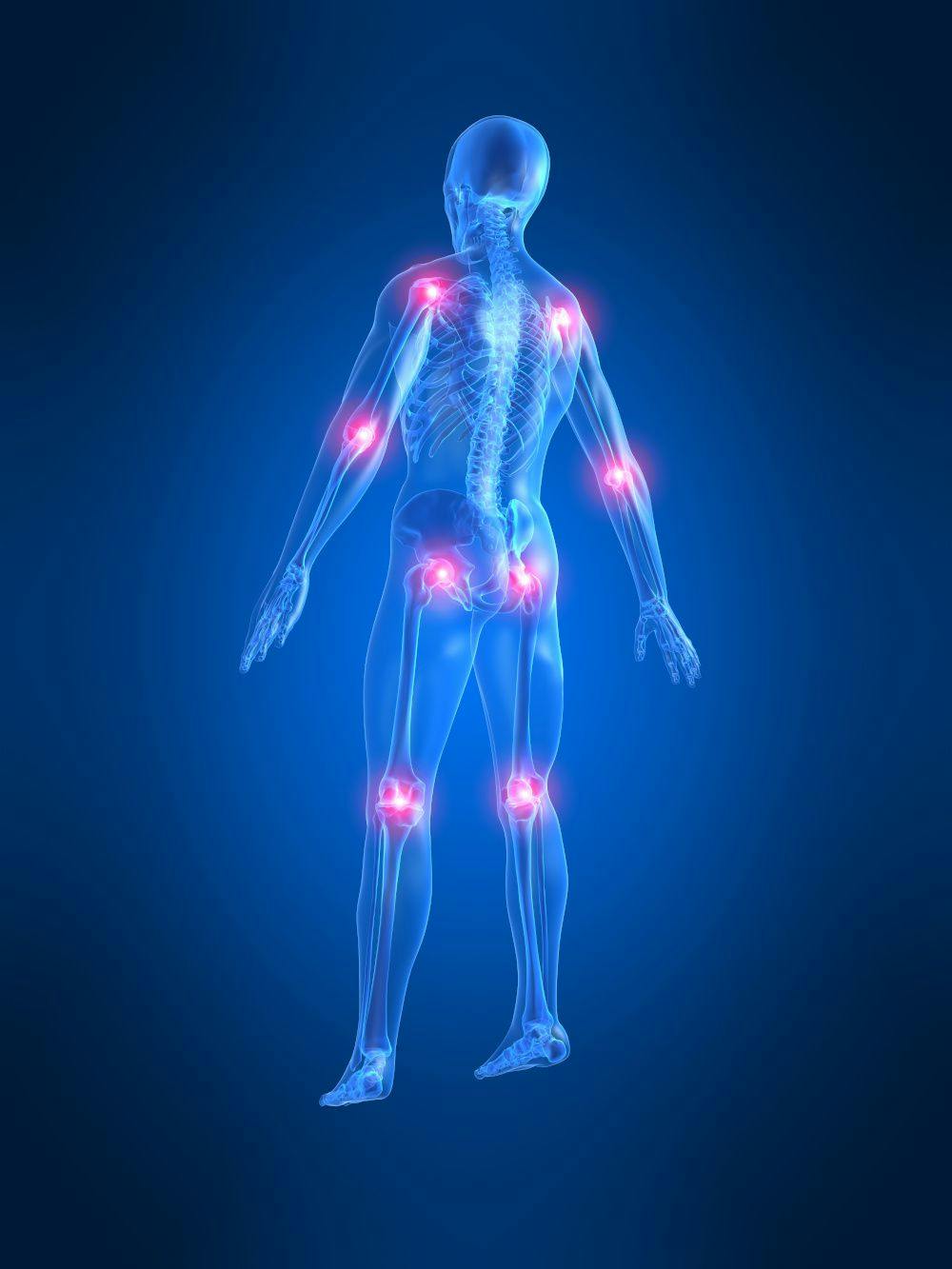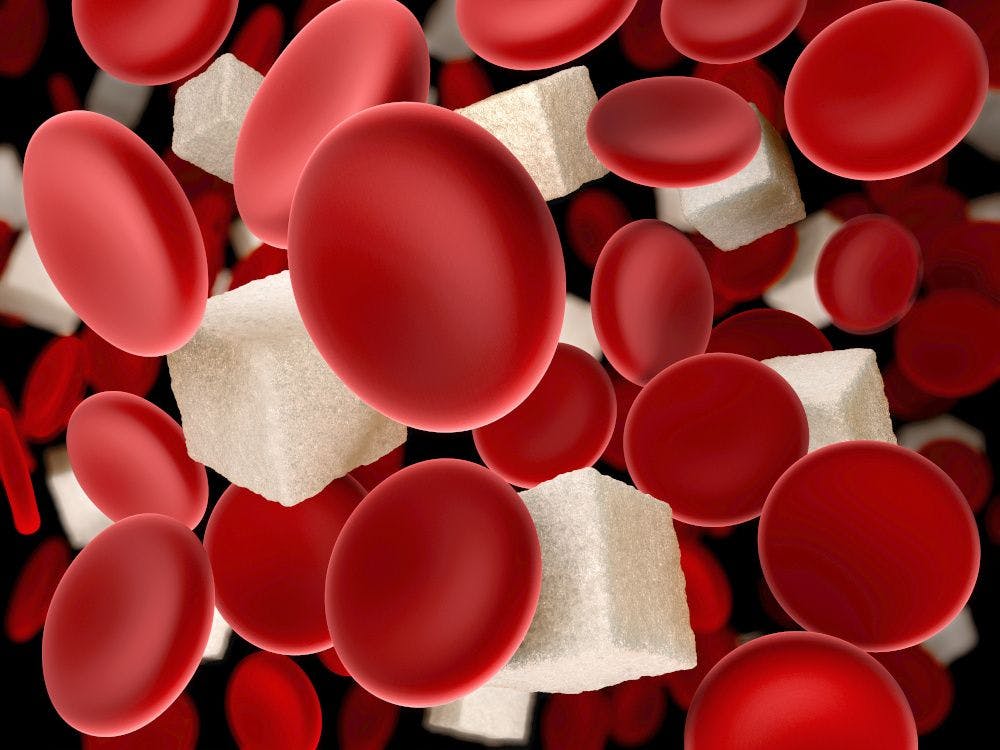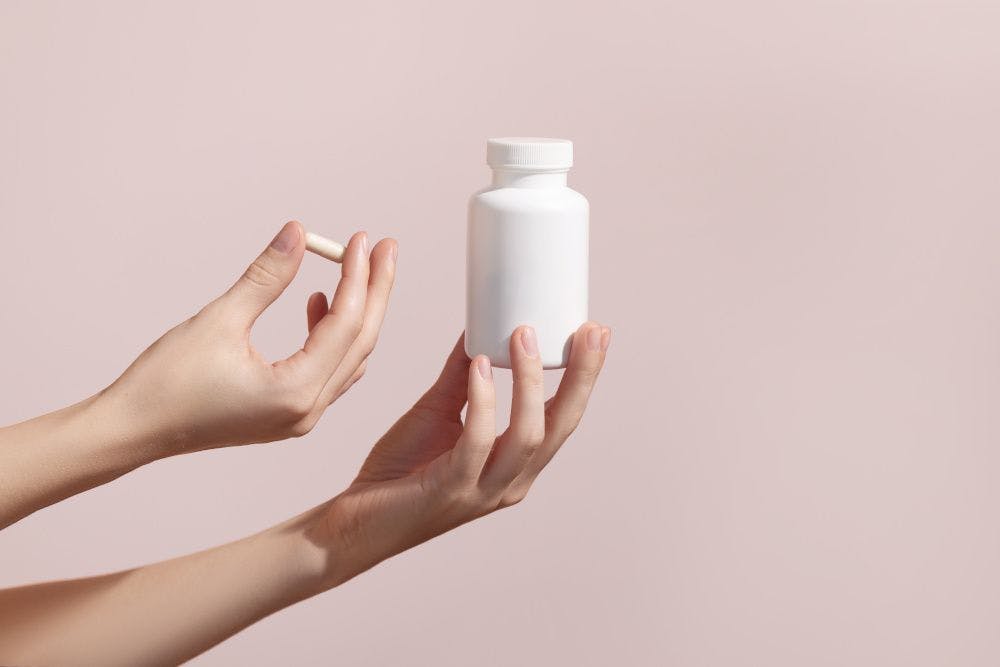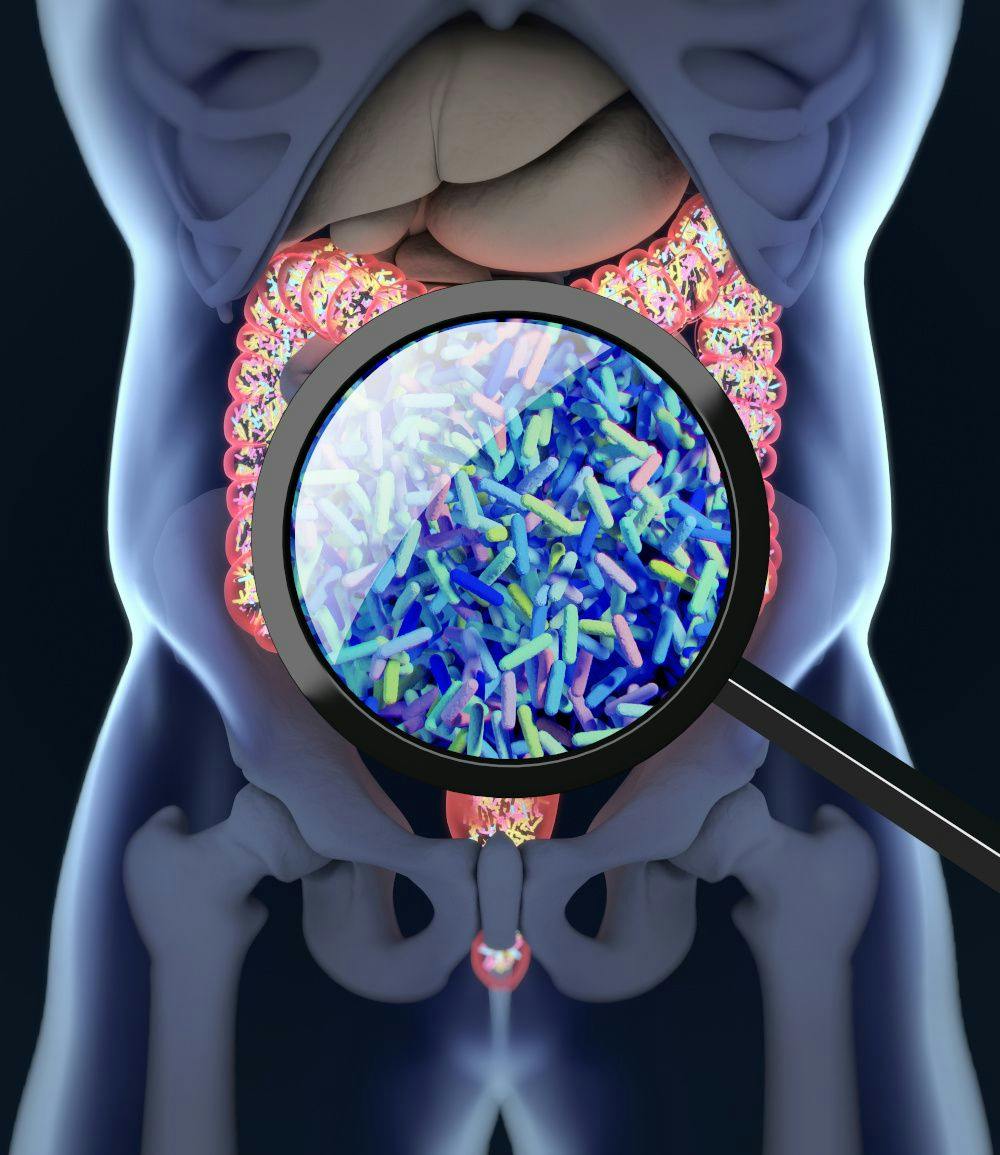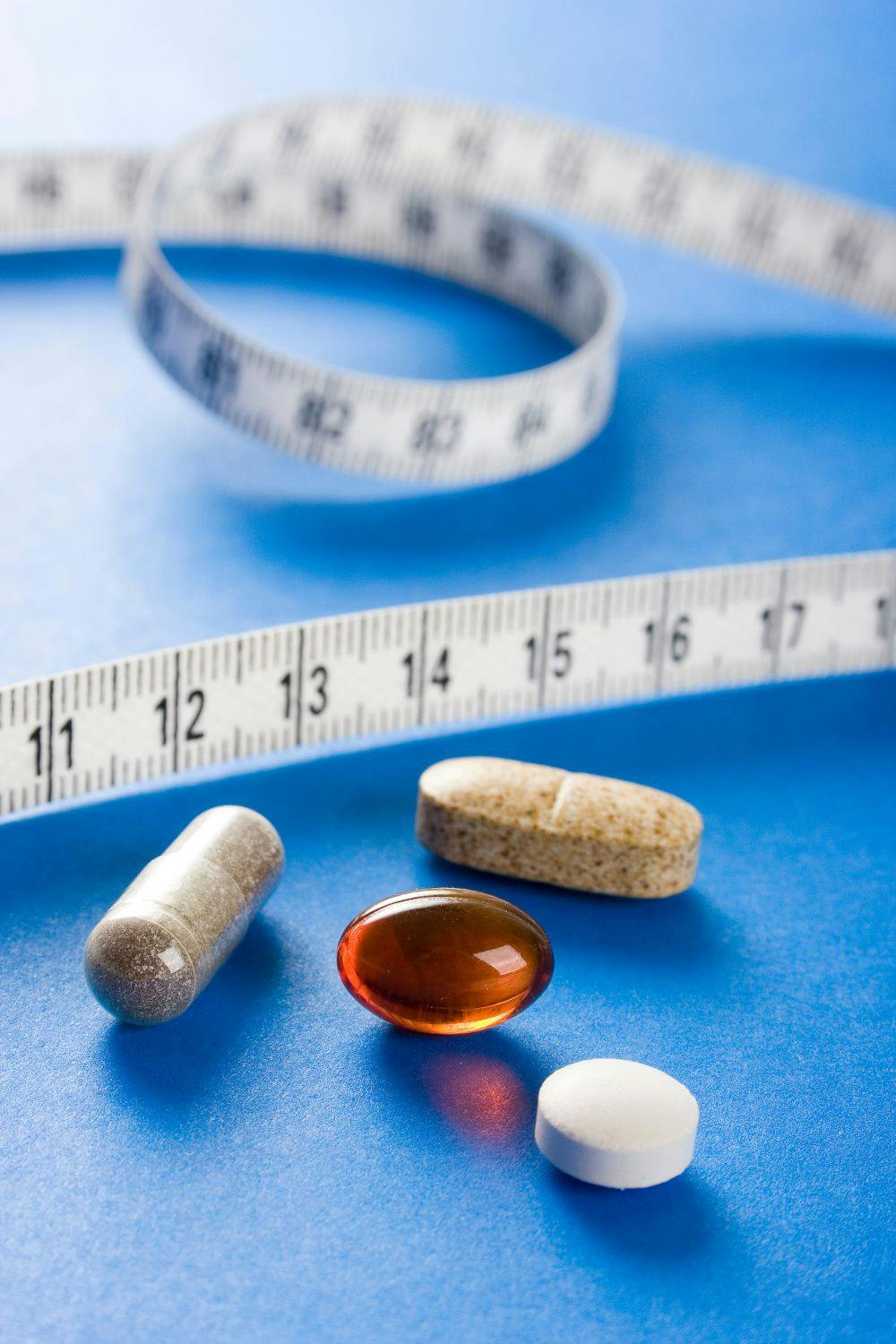Are consumers ready for bioactives? Natural Products Expo West report
At this year’s Natural Products Expo West trade show, Brightseed discussed a new consumer survey the company conducted asking that very question.
From the earliest days, man has extracted health-promoting compounds from plants. As of today, we’ve only tapped a small fraction of those compounds. How many other plant constituents exist that have the potential to make humans healthier? Thanks to technologies like artificial intelligence, we’re on our way to finding the answer faster.
Companies like Brightseed (San Francisco, CA) have made headlines using AI to study and profile plants in order to detect previously unknown bioactive compounds within them. The fruits of their labor, like Brightseed’s first health-promoting ingredient, Brightseed Bio 01, which was discovered using the company’s proprietary Forager AI platform, are just now coming to market.
At this year’s Natural Products Expo West trade show in Anaheim, CA, Brightseed introduced a new offering: a certified-organic version of Brightseed Bio 01. Alina Slotnik, vice president, bioactives, Brightseed, told Nutritional Outlook, “A bioactive is just a health-driving, small molecule that occurs in plants and fungi and microbes, so they’re found all around us. The amazing thing to me is that very few of them are actually known and understood, so in all the millions of plants that exist, maybe only 100,000 bioactives were known and documented and clinically studied before Brightseed started its work a little over five years ago. We worked to add millions of compounds to that knowledge base. And we’re really excited about the prospect of that.”
But are consumers just as excited about the prospect of bioactives? At Expo West, Brightseed discussed a new consumer survey the company conducted asking that very question. As Nutritional Outlook reported, the survey found that 27% of the 2800 U.S. adults polled identified themselves as “bioactivists,” meaning people who believe “’food can be as powerful as medicine’ and [who] would pay a premium for novel bioactive health solutions.”
It turns out that these consumers welcome bioactive discoveries with open arms, believing that through science and technology, scientists will find new solutions for human health in plants—solutions that will outperform what’s currently on the market today.
In short, these consumers are the next-gen proactive-health customer. “I think what really surprised us is when we think about who the bioactivist consumer is,” said Jordan Miller, Brightseed’s director of marketing, at Expo West. “They represent over a quarter of the U.S. population, and I think there’s been a lot of discussion around the proactive health consumer. And our view is that this bioactivist consumer is really the next iteration of that. A majority of them want to know more about bioactives. They tell us that they’re willing to pay more for products that contain them, and I think what is most impactful, especially for brand manufacturers, is they actually want brands to communicate the bioactive content of their products.” The bottom line? “There is this big opportunity to tap into this really active consumer segment and start communicating about the bioactives that are found in functional foods, beverages, and supplements.”
Based on Brightseed’s findings, companies don’t have to wonder whether bioactive messaging will land well; rather, they should explain the advantages of these cutting-edge discoveries. Fortunately, Brightseed can also show consumers why bioactives may be beneficial. Taking the bioactives that Forager discovers, Brightseed uses its proprietary database indexing clinical research on human health to investigate whether any bioactives might match up with a health benefit. “Our AI is able to connect the dots and make accurate predictions that we then validate in silica or in vitro or in human studies,” Slotnik explained.
Companies like Brightseed are betting consumers will invest in bioactives as they become better acquainted with them. The goal is to put health solutions into consumers’ hands. For a company like Brightseed, Slotnik said, “I think being the bridge that helps make that connection happen and bring evidence and transparency and information to that is hopefully hugely empowering to consumers.”
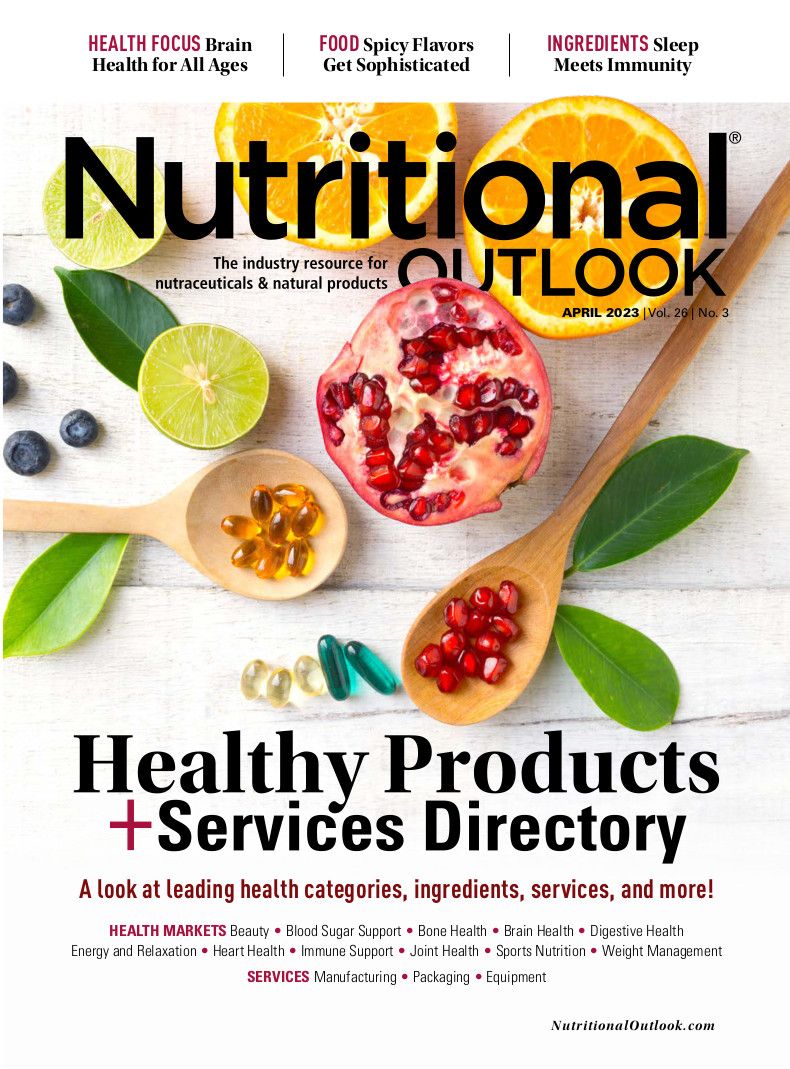
Prinova acquires Aplinova to further increase its footprint in Latin America
April 7th 2025Prinova has recently announced the acquisition of Brazilian ingredients distributor Aplinova, which is a provider of specialty ingredients for a range of market segments that include food, beverage, supplements, and personal care.


